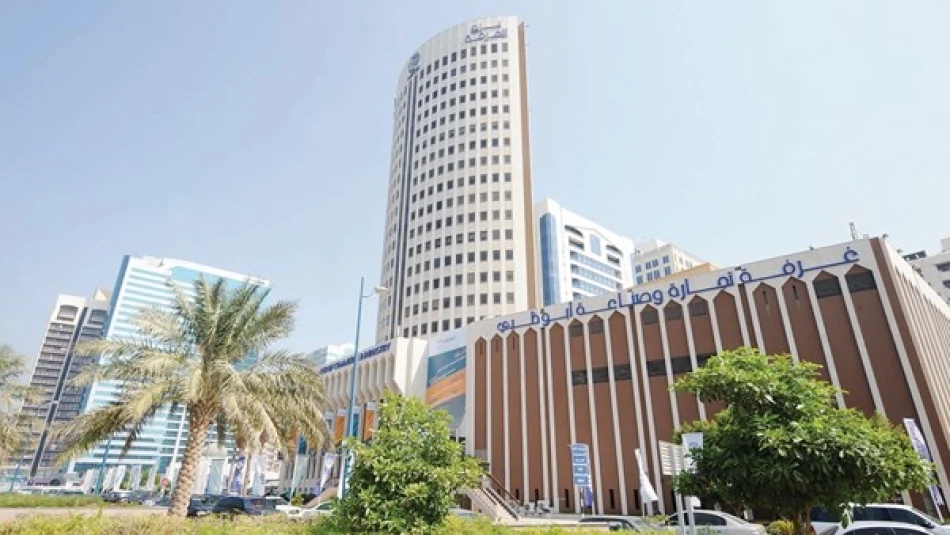
UAE's Chambers Unveil New Board for Emirati Women Entrepreneurs
UAE Doubles Down on Women's Economic Leadership with New Business Council Formation
The UAE Federation of Chambers has announced the seventh iteration of its Emirates Businesswomen Council, appointing Aisha Mohammed Said Al Mulla as chairwoman. This strategic reshuffling signals the UAE's intensified commitment to positioning women as central drivers of economic growth, particularly as global competition for female entrepreneurship heats up and the nation pursues its ambitious diversification goals.
Strategic Timing Amid Global Economic Shifts
The council's reformation comes at a pivotal moment when nations worldwide are recognizing women-led businesses as critical economic engines. Ahmed Jasim Al Zaabi, Chairman of the UAE Federation of Chambers, emphasized that the UAE has become a global benchmark for women's business empowerment—a transformation that didn't happen by accident but through deliberate policy design.
This positioning is particularly significant as the UAE competes with Singapore, Switzerland, and other business hubs for international investment and talent. The country's focus on women's economic participation represents a calculated move to differentiate itself in an increasingly crowded field of business-friendly jurisdictions.
Beyond Symbolic Representation
Unlike many countries where women's business councils serve primarily ceremonial functions, the UAE's approach appears more systematic. The council, originally established in 2001, focuses on practical outcomes: creating conducive environments for startups, developing entrepreneurial skills, and connecting businesswomen with government incentives at both federal and local levels.
Economic Implications and Market Dynamics
The emphasis on women's economic participation aligns with broader UAE economic strategy. As the nation seeks to reduce oil dependency and build a knowledge-based economy, tapping into underutilized female talent becomes not just socially progressive but economically essential.
Hamid Mohammed bin Salem, Secretary-General of the UAE Federation of Chambers, highlighted the council's role in creating regional and international partnerships—a crucial element as UAE businesses increasingly look beyond domestic markets. This international connectivity could prove valuable for investors seeking diversified exposure to Middle Eastern markets through women-led enterprises.
Regional Leadership Model
The UAE's systematic approach contrasts with neighboring countries where women's business participation remains more limited. By creating institutional frameworks that support female entrepreneurs from startup to scale-up phases, the UAE is potentially creating a competitive advantage in attracting international businesses seeking diverse supply chains and partnerships.
Long-term Strategic Vision
Under the patronage of Sheikha Fatima bint Mubarak, known as the "Mother of the Emirates," the initiative reflects high-level political commitment that extends beyond economic policy into social transformation. This top-down support provides stability and predictability for long-term business planning—qualities that international investors particularly value.
The council's focus on connecting businesswomen with government incentives suggests a sophisticated understanding of how policy tools can accelerate economic participation. Rather than relying solely on market forces, the UAE is actively engineering conditions for women's business success.
Implications for Global Business
For multinational corporations and investors, the UAE's systematic approach to women's economic empowerment represents both opportunity and competitive pressure. Companies operating in the region may find expanded partnership opportunities with women-led enterprises, while those lagging in diversity initiatives may find themselves at a disadvantage in securing government contracts or accessing certain market segments.
The council's seventh iteration suggests institutional maturity and continuity—factors that reduce risk for businesses considering long-term commitments to the UAE market. As global supply chains increasingly emphasize diversity and sustainability, the UAE's women-focused business infrastructure could become a significant competitive asset in attracting international commerce.
Most Viewed News

 Layla Al Mansoori
Layla Al Mansoori






